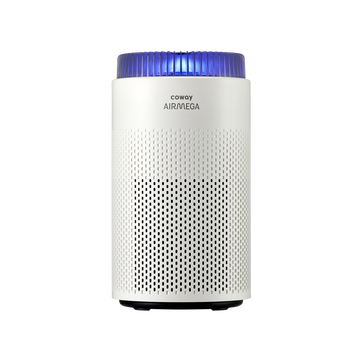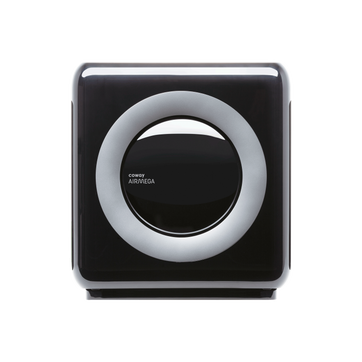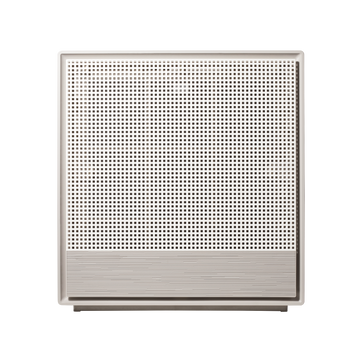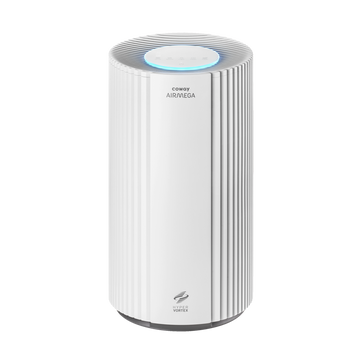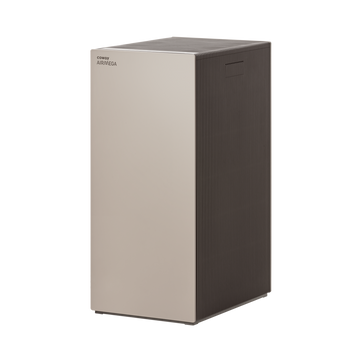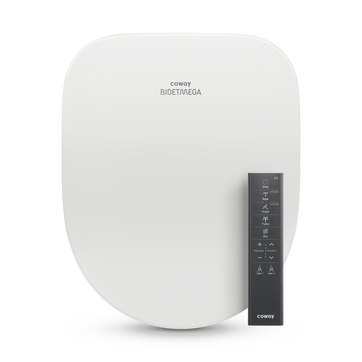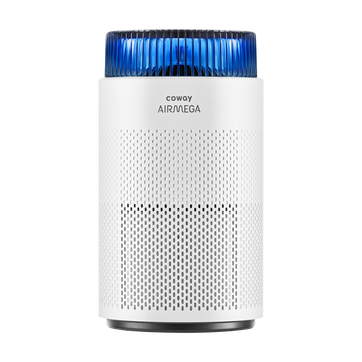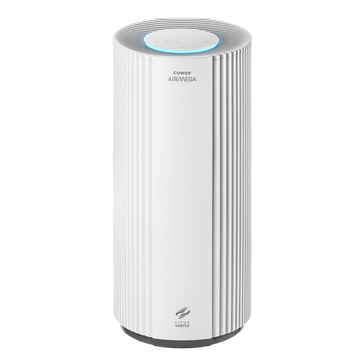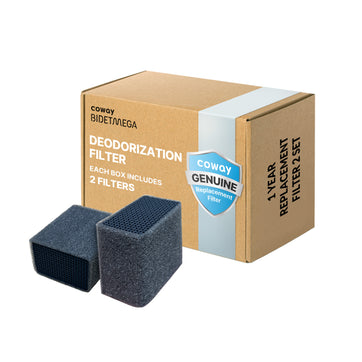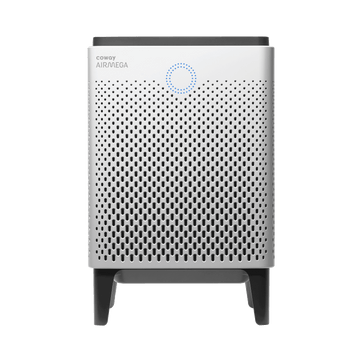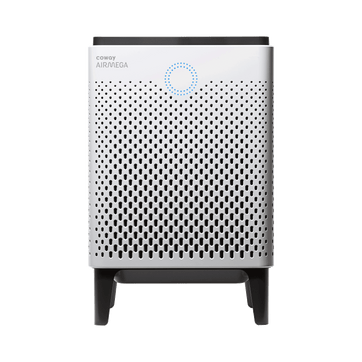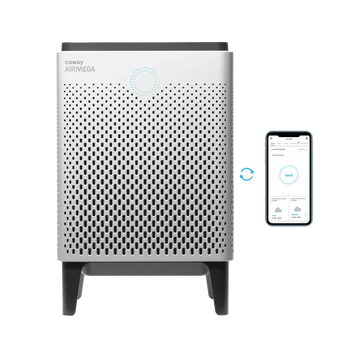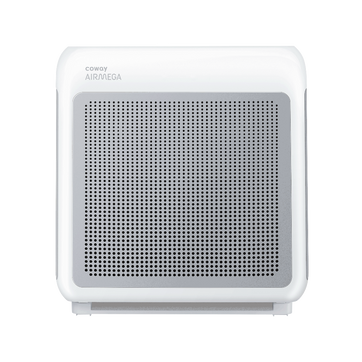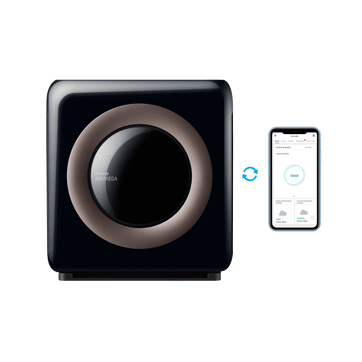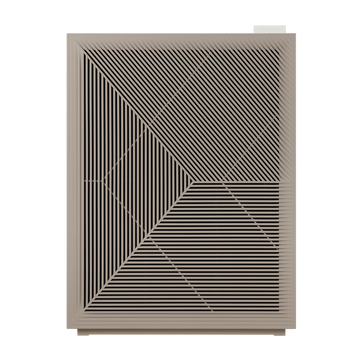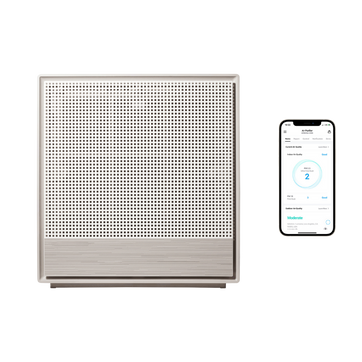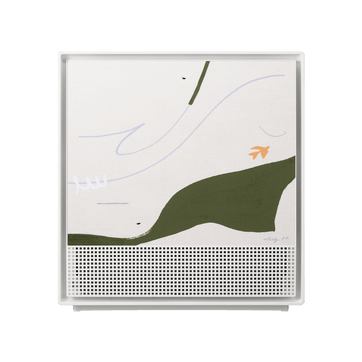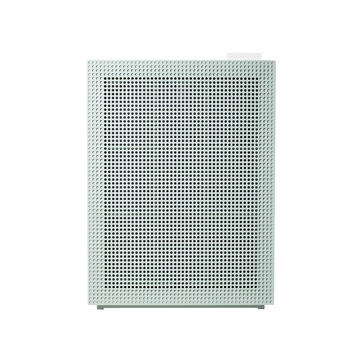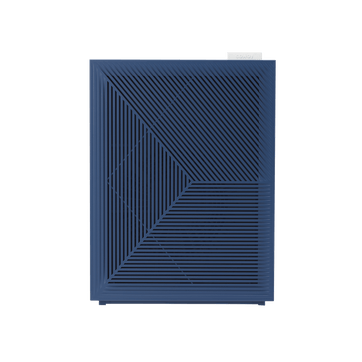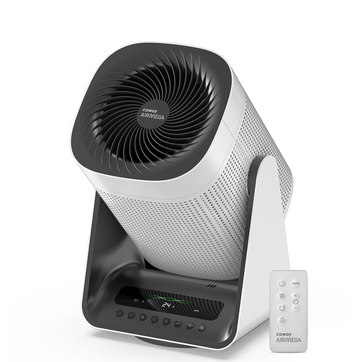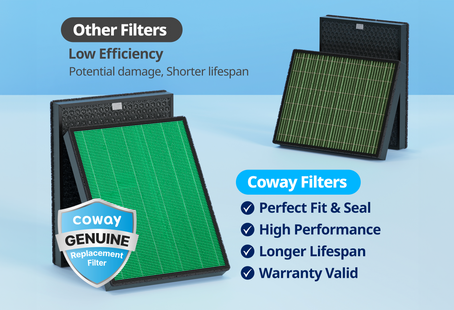
What is a fatberg?
What is 820 feet long, weighs 130 tons, and feels like solid rock? If you’re stumped by this riddle, you’re probably not alone. The answer is a new phenomenon—it’s a “fatberg” removed from the London sewer system in 2017.
What are fatbergs?
With a name like fatberg, it’s gotta be bad. Indeed it is. Fatbergs are gigantic masses of oil and grease mixed with bathroom waste found in sewage systems around the world. They congeal to create concrete-like, stationary blockages inside municipal sewage systems. Cities with aging infrastructure, like London and New York City, are particularly vulnerable to fatbergs.
Why are fatbergs happening now?
From home cooks to restaurant chefs, people have been discarding kitchen grease down the drain for a long time. This habit has always been tough on sewage pipes, but it’s never had such an extreme impact until now. Why? Officials point to “flushable” wipes, also known as wet wipes, that people flush down the toilet after using the bathroom.
“Flushable” wipes do not biodegrade
Wet wipes have surged in popularity in recent years, and yes, people are able to flush them. But, for the sake of our shared infrastructure, no one should. The problem comes when the wipes flow from individual homes and merge into larger water systems. The wipes do not disintegrate or biodegrade. Instead they remain in the sewage system, where they bind together with masses of other waste.
How can I fight the fatberg?
After using the toilet, some people find wet wipes to be a more comfortable alternative to dry, scratchy toilet paper. But given that the wet wipe habit is costing municipalities billions of dollars in maintenance every year, there has to be a better way.
A bidet seat, like the Coway Bidetmega, offers an infrastructure-friendly solution. With a bidet, you don’t need to use wipes. (Plus you’ll end up buying a lot less toilet paper.) The Coway Bidetmega attaches to any standard toilet, and you can customize its cleansing process to your liking. As a result, you’ll feel more comfortable—and more fully clean—after using the toilet. Your local sewage system will thank you, too.
Disclaimers
1Coway air purifiers have been proven to trap dust, pollen, dander, viruses and bacteria in the air based on KCL (Korea Conformity Laboratories) testing.They have been tested in a 30㎥ size chamber according to the Korea Air Cleaning Association standard (SPS-KACA 002-132:2022 Modified) to measure the 0.01㎛ size of particle removal rate. It was tested on maximum airflow speed in normal room temperature and humidity conditions. The performance may vary in the actual living environment of customers.
→ Tested with Airmega Aim, 50, 100, 150, 160, Tower AP-1216L, Mighty AP-1512HH, MightyS AP-1512HHS, 200M, Icon, IconS, 230, 240, 250, 250 Art, 250S, 300, 300S, 350, 400, 400S, 450, ProX
299.97% of viruses, bacteria, fungi and pollen were verified to be removed from the air for Coway air purifiers which have Green True HEPA™ filter applied based on the Japan Food Research Laboratories(JFRL) testing according to JEM 1467 standard.
→ Tested with Coway Airmega Mighty AP-1512HH, MightyS AP-1512HHS, 250, 250 Art, 250S, 300, 300S, 400, 400S
→ All tested by JFRL and received above result within below time.
4The concentration of ammonia, acetaldehyde and acetic acid were proven to be removed within 30 minutes by FCG Research Institute, Inc. Human Life Science Lab. It is not a demonstration result in the actual use space. Not all odors and gases may be supported. → Tested with Coway Airmega 150, 160, Mighty AP-1512HH, MightyS AP-1512HHS, 400, 400S
5The coverage area of the air purifier is based on an area where the air cleaner can make two air changes per hour (ACPH). An air change per hour translates to how many times an air purifier can clean an area, assuming the height of a ceiling to be 8 ft, in one hour. Therefore ** means two air changes per hour means that the cleaner can clean the area once every 30 minutes and * means air changes per hour means that the air purifier can clean the area once every 60 minutes.
10Terms and conditions apply. Discounts, including promotions, coupons, bundle discount and subscription discount, cannot be stacked on top of other coupons. During promotional periods, discount codes will not be able to be applied to orders. Promo codes may apply to products only—filters, accessories, and new products within 3 months of the release date are not included.
11Based on Coway R&D internal laboratory testing, activated carbon filtration was shown to remove up to 95% of ammonia odors within 40 minutes, and up to 99% of fecal odors within 20 minutes. Actual performance may vary depending on usage conditions.
